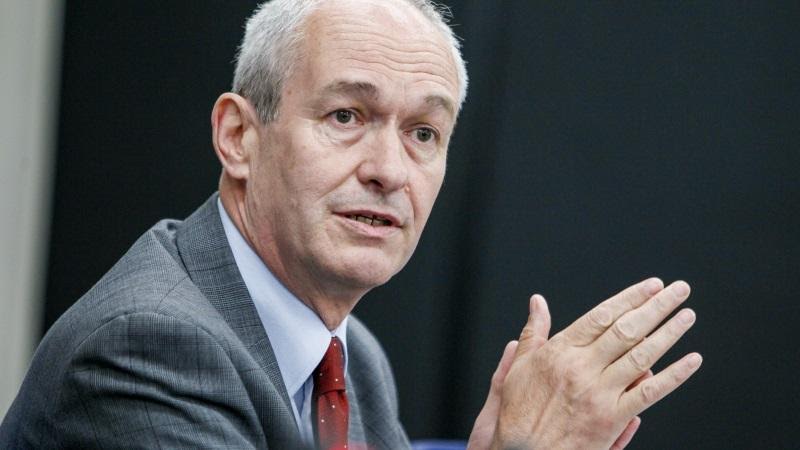
There is undeniable logic to Labour coming out in favour of another referendum on Brexit. We don’t want a catastrophic no-deal Brexit, we don’t want Theresa May’s deal, we have tried putting forward an alternative plan but it hasn’t been accepted. Now the only way to avoid disaster is to reconsider Brexit, which – politically – requires a referendum. But some Labour MPs are uneasy about the idea. Four arguments are used against it – and they’re all wrong.
1. The principle
“We’ve had one and we must respect the result. It’s the will of the people.” But there is much evidence that it’s no longer will of the people. It would be folly to proceed with a damaging course of action on the basis that it is what people want when that might no longer be the case. Better to check. We did say in our 2017 manifesto that we’d respect the result, but a manifesto sets out what you would do in government – and we didn’t quite manage to achieve that. We’re now in a very different situation, which is why party conference set a new policy with the option, that we’re now taking, of campaigning for a public vote.
Brexit also has to be reconsidered because it is turning out to be very different from what was promised. Far from being easy, it’s complex. Far from saving money that would all go to the NHS, it’s costing a fortune. Far from helping Britain get trade deals with countries across the world, it means we drop out of all our existing trade deals. And much more besides. It is actually Leave voters who are entitled to say: “This isn’t what we were promised, and it’s not what I voted for.” In these circumstances, opposing a referendum is saying to people: “You had your say three years ago, now you have to shut up and accept whatever the government comes up with.”
After all, it’s normal to have a chance to reconsider major decisions: if you buy a house, you have chance to do so when the survey comes through. Trades unions put deals back to a vote of their members. Even leading Brexiteer David Davis said: “If a democracy cannot change its mind, it ceases to be a democracy.”
2. Electoral support
Might we lose some of our electoral support? Actually, even in Leave seats, most Labour voters voted Remain. According to polls, that is all the more the case now: the single biggest swing to Remain is by Labour Leave voters who see the emerging Brexit reality as a Tory project. Of course, most voters won’t change their allegiance on this issue alone, so only a few seats will be affected, but for Labour, the greater risk is losing Remainers.
3. Remain might not win
If there is a referendum, would there be a different result? If not, it will have at least legitimised a Brexit that is very different from what was originally promised. But there are many indications that a clear majority would now vote to Remain. Opinion has not rallied behind the result of the 2016 referendum, as expected. Instead, it has gone the other way, with polls showing 55-45 for Remain. That is even more pronounced (around or over 60% Remain) when people are asked about a specific Leave option (Remain vs. May’s deal, or Remain vs. no deal). That is not just due to a change in the composition of the electorate (three more years of younger people turning 18), but also thanks to a significant number of former Leave voters changing their mind (some have even set up an organisation called “RemainerNow”).
4. Just get on with it
Many are fed up with hearing about Brexit. They are BOBs: Bored of Brexit. Jacob Rees-Mogg and co are trying to exploit that sentiment, saying “just walk away, we don’t need a deal”. But any kind of Brexit will involve more years of negotiations and acrimony, dominating headlines and our political debates and energies for years to come. Most people would breathe a huge sigh of relief if the whole saga ended. We could then get on with dealing with the real problems facing our country.




More from LabourList
‘Council Tax shouldn’t punish those who have the least or those we owe the most’
Two-thirds of Labour members say government has made too many policy U-turns, poll reveals
‘Two states, one future: five steps on the path to peace for Israelis and Palestinians’